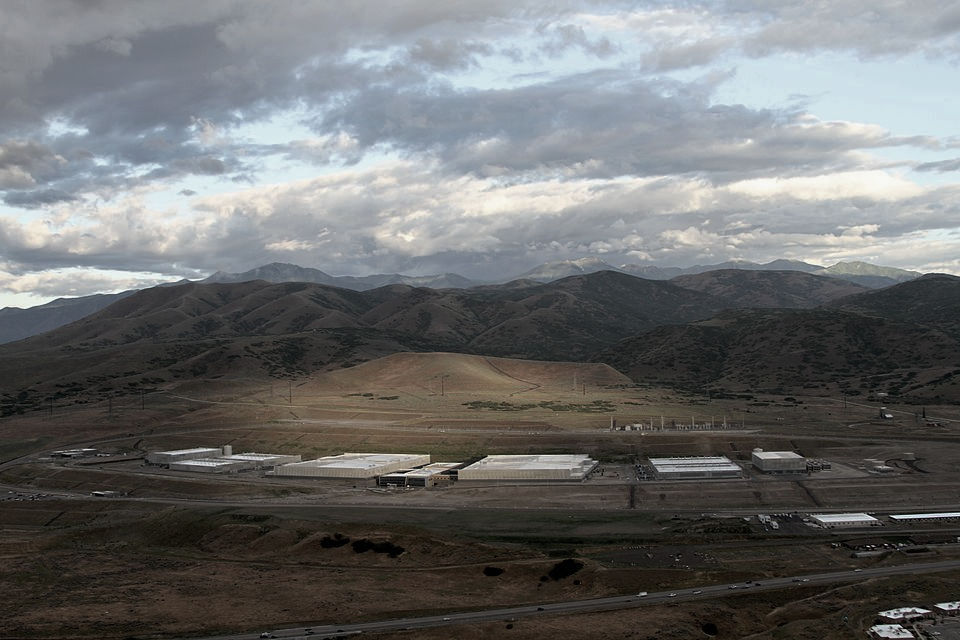Climate Change: a new priority in technical due diligence
- Tascott

- Nov 20, 2019
- 3 min read
In a time of economic uncertainty in the UK, all the noise about Brexit has perhaps allowed us to be distracted from the growing impact of climate change on investment in real estate. Small rises in global temperatures and the resulting increases in extreme weather are putting a significant strain on both the natural world and the built environment.

More volatile weather is already influencing the future design of our buildings and, at the same time, it’s starting to be a material factor in determining their underlying value as investment assets.
Investors need to recognise how a building’s capacity to respond to the risks of climate change will have a growing influence on its appeal as an asset and its long term value. This particular facet of building design and specification will start to manifest itself in investment decision-making and also begin to shape longer term investment strategies.
Technical Due Diligence (TDD) gives prospective purchasers a detailed and objective assessment of a built asset – from a number of important technical perspectives - to enable them to make an informed transaction decision. It’s the majority of investors’ preferred approach to managing acquisition risk and creating greater certainty around the disposal process. To maintain its real value and relevance, TDD, and the surveyors providing this service, must always be aware of emerging factors that might cause a shift in investor or occupier sentiment. Climate change is probably the most significant for the current generation.
Whilst the past and present condition of an asset can be determined from physical inspection, and thus be assessed with some objectivity, the future performance of buildings is less certain, especially in a climate that’s much less predictable than previously. Greater extremes of weather will, in all likelihood, begin to undermine the reliability of manufacturer’s published data on the effective service life of building components and systems. Buildings in whole or part may simply begin to fail sooner. Temperatures regularly exceeding the safe operating range of more complex components may void the manufacturer’s equipment guarantee, leaving the risk of failure with the investor or the occupier.
Investors will need new strategies, so they can adapt their buildings to meet changing weather conditions, and also make better use of maintenance cycles to implement effective and viable improvements. Where critical aspects of a building can’t be changed easily, like location, orientation or structure, investors may take the view that these buildings are less able to sustain long term value as investments. Markedly, some prosaic building features that respond well to climate change but are not necessarily exciting commercially, will start to have more prominence in the minds of investors. Those carrying out TDD will have to be able to recognise these features and highlight them to investors.
For example, the evolution of blue roofs designed to attenuate heavy rainfall, including one-in-100-year storm events. The roofs typically incorporate a series of restrictor chambers, integral filters and control chambers to provide the necessary attenuation before directing rainwater to the roof rainwater outlets. Surveyors will need to understand the mechanics, maintenance requirements and affects on the installation on the built structure.
For investors, effective TDD must be a thorough, forward looking service that adds value to every real estate transaction. Essentially, it now needs to include a protocol for assessing the future risk to buildings from climate change, as well as anticipating potential changes to Building Regulations and Planning which greater extremes of weather might introduce. By adding specialist environmental and mechanical & electrical teams to the TDD team, investors can also benefit from this specialist expertise. The confidence that comes from this collaborative TDD approach will allow investors to make fully informed investment decisions.



Comments